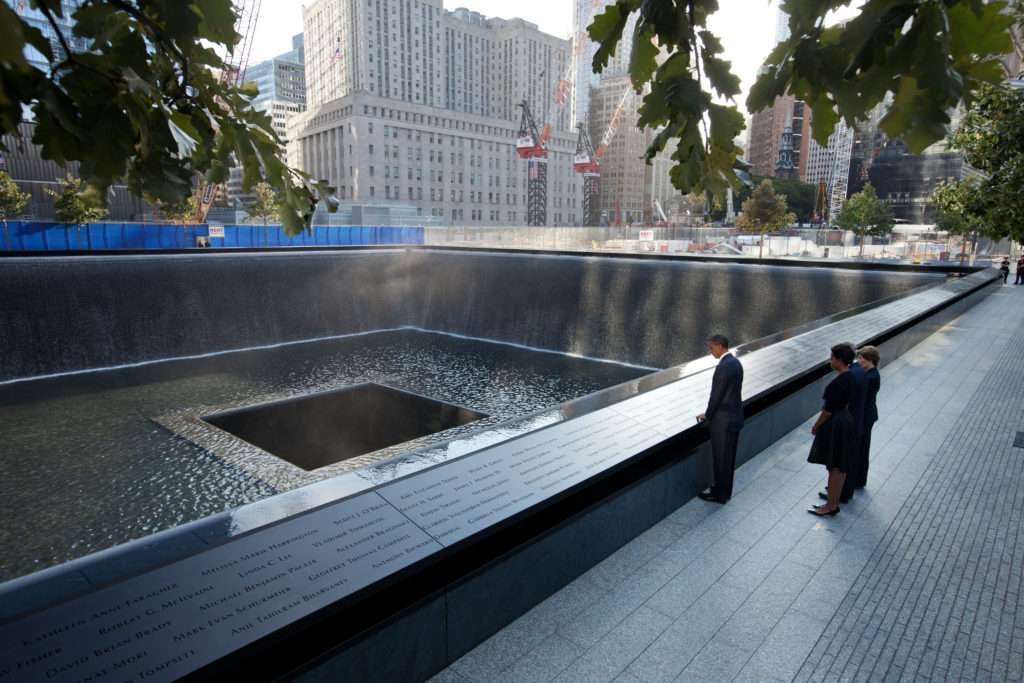9/11: Never Forget — Names, Steps, and Hope

We need to find our way back to one another. Not because of tragedy, but because of choice. Those of us in the middle may not agree on everything, but we are still bound by something greater—our common humanity. We know what it means to care for strangers, to put compassion first, to choose light in the face of darkness. That’s who we were on September 11. That’s who we can be again.
Why Reflecting Negativity Backfires: Understanding the Mirror Effect in Conversations

Have you ever had one of those conversations where someone shares a negative perspective or complaint, and in an attempt to support them, you reflect their words back to show understanding—only to have them argue with you as if you originated the negativity? It’s a strange phenomenon, but it happens more often than you might think.
Three Essential Elements in Every Relationship

1. Setting and Managing Clear Expectations Setting clear expectations is crucial in any relationship, whether it’s personal or professional. Many people advocate for the approach of “under promise and over deliver,” but this logic is fundamentally flawed. A more effective strategy is to set accurate and realistic expectations based on your experience and capabilities. I […]
How understanding grows.

I encourage everyone reading this to consider who in your circle of trust has a perspective different from yours. Reach out to them and ask them to share their story. Ask questions that go beyond the surface, especially about topics that might seem difficult or unfamiliar. This isn’t about agreeing with everything but about expanding your understanding.
The privilege of being uncomfortable

It’s easy to remain ensconced in environments where our views are never challenged, and our way of life is never questioned. But growth, understanding, and inclusivity come from experiencing the unfamiliar, from recognizing and respecting the diversity of the world around us.
The memories remain. And the triggers exist.

People ask whether I still think about September 11th. The memories remain. And the triggers exist. And so occasionally I will write about it. I will always think of those who lost their lives simply because they went to work. I will always be grateful to those who lost their lives actively running toward the danger. And I thank God for pulling me through and helping guide my path that day and every day.
Black man working in American

As a black man in America, to get ahead you must learn to adapt to working with so many different people. Some will think you are angry. Some will think you are emotional. Some will find you arrogant while others will question your confidence. Some will say you are too aggressive and others will tell […]